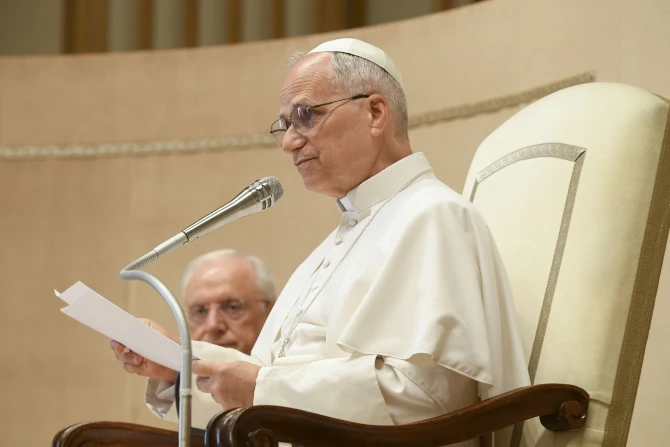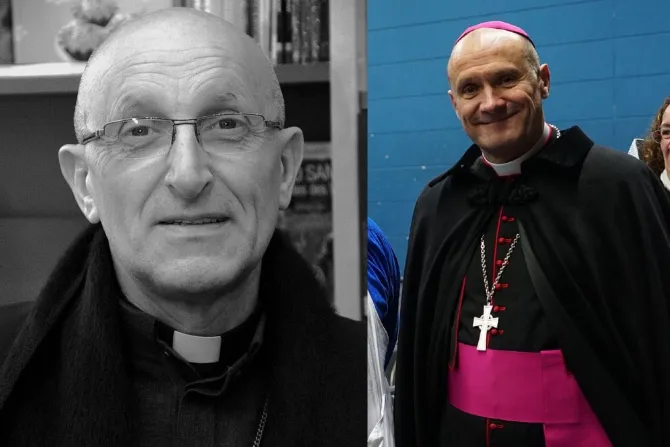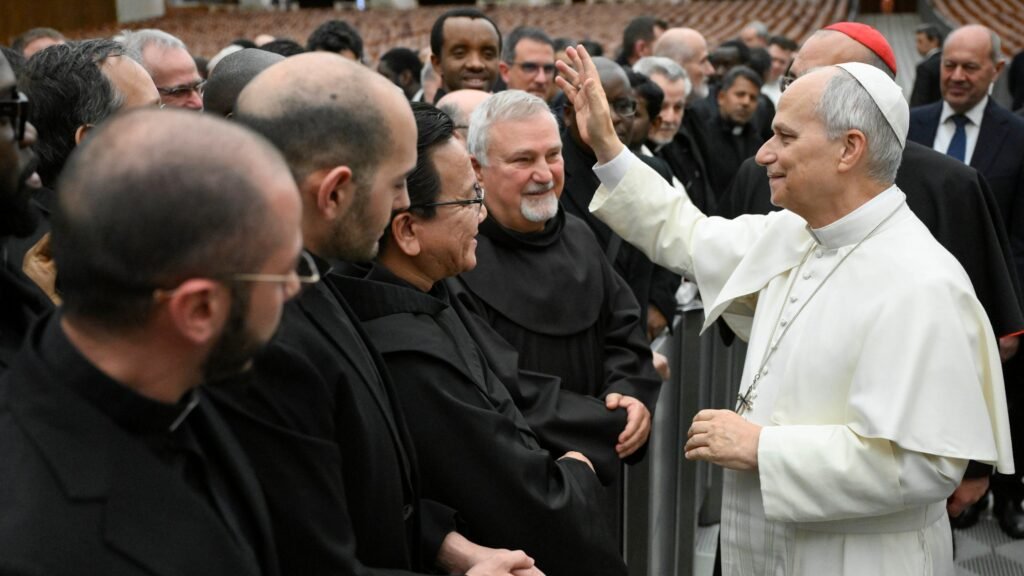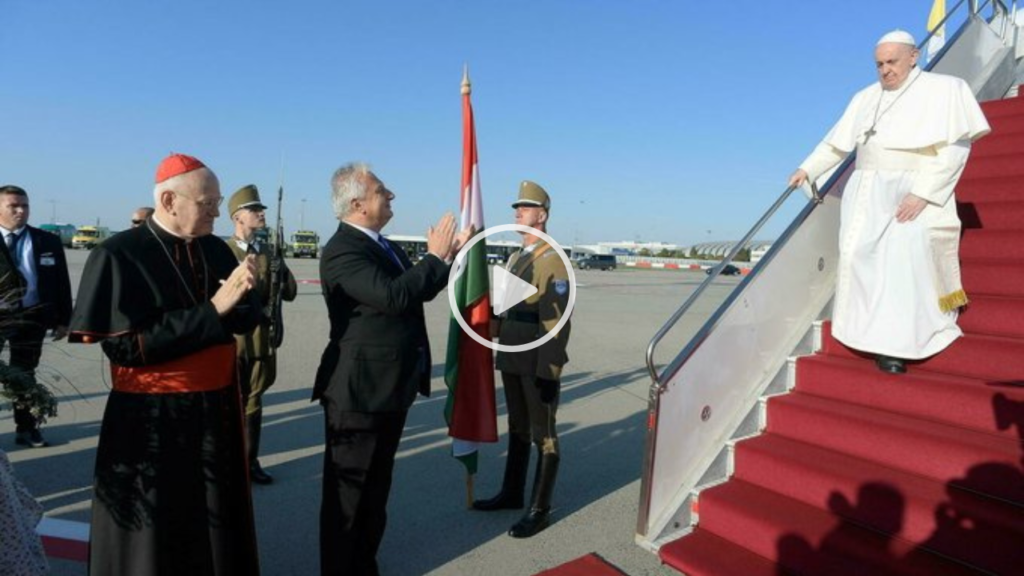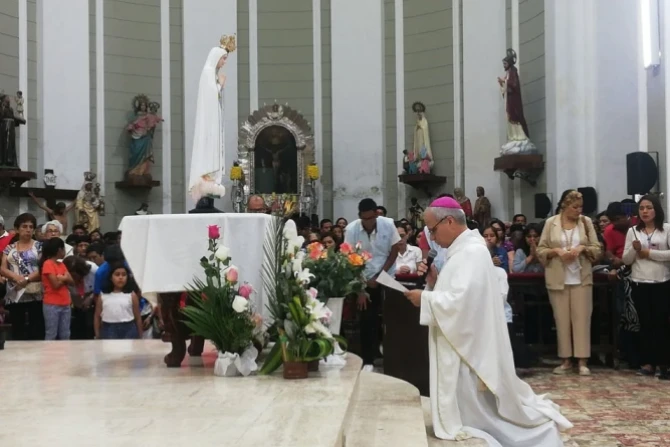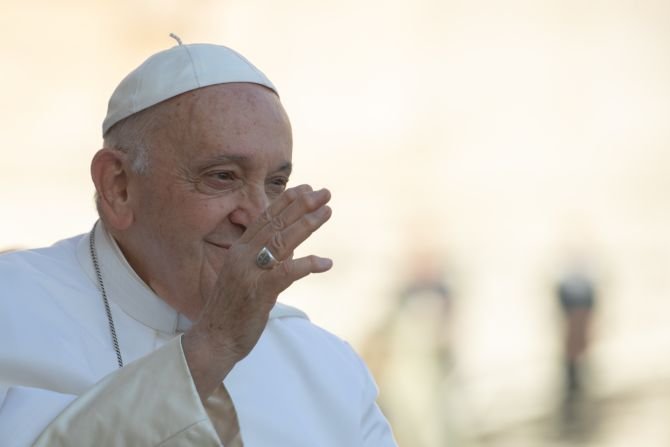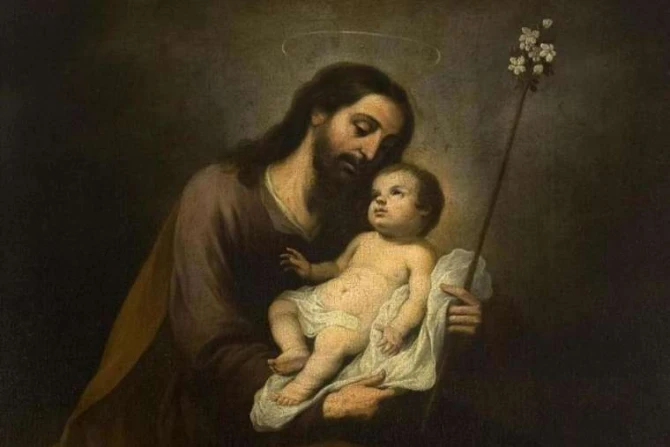Pope Leo urged political leaders from around the world to promote the common good, warning especially of the threat to human dignity from artificial intelligence (AI).
FIND THE POPE’S BIOGRAPHY HERE
AI “will certainly be of great help to society, provided that its employment does not undermine the identity and dignity of the human person and his or her fundamental freedoms,” the pope said on June 21 to legislators from 68 countries gathered at the Vatican for the Jubilee of Governments.
“It must not be forgotten that artificial intelligence functions as a tool for the good of human beings, not to diminish them, not to replace them,” Leo said, speaking in English to the international audience.
The pope has quickly made the challenge of artificial intelligence a signature issue of his pontificate, highlighting it at a meeting with the College of Cardinals two days after his election last month.

In his speech to political leaders on Saturday, Leo also urged them to promote the common good in other ways, including by “working to overcome the unacceptable disproportion between the immense wealth concentrated in the hands of a few and the world’s poor.” The pope decried such inequality as a leading cause of war.
Pope Leo stressed the importance of religious freedom and encouraged political leaders to follow the example of the 16th-century St. Thomas More as a “martyr for freedom and for the primacy of conscience.” More was executed for refusing to recognize King Henry VIII as head of the Church in England instead of the pope.
Leo also recommended the ethical tradition of natural law, whose roots in classical antiquity predate Christianity, as “a shared point of reference in political activity” and “an element that unites everyone” regardless of religious belief.
Natural law arguments have played a prominent role in several recent legal and political debates, over issues including abortion, euthanasia, religious freedom, same-sex marriage and transgender policies.
The pope told the political leaders that “natural law, which is universally valid apart from and above other more debatable beliefs, constitutes the compass by which to take our bearings in legislating and acting, particularly on the delicate and pressing ethical issues that, today more than in the past, regard personal life and privacy.”
SIGN UP FOR OUR NEWSLETTER HERE
This article was originally published on Catholic News Agency.

